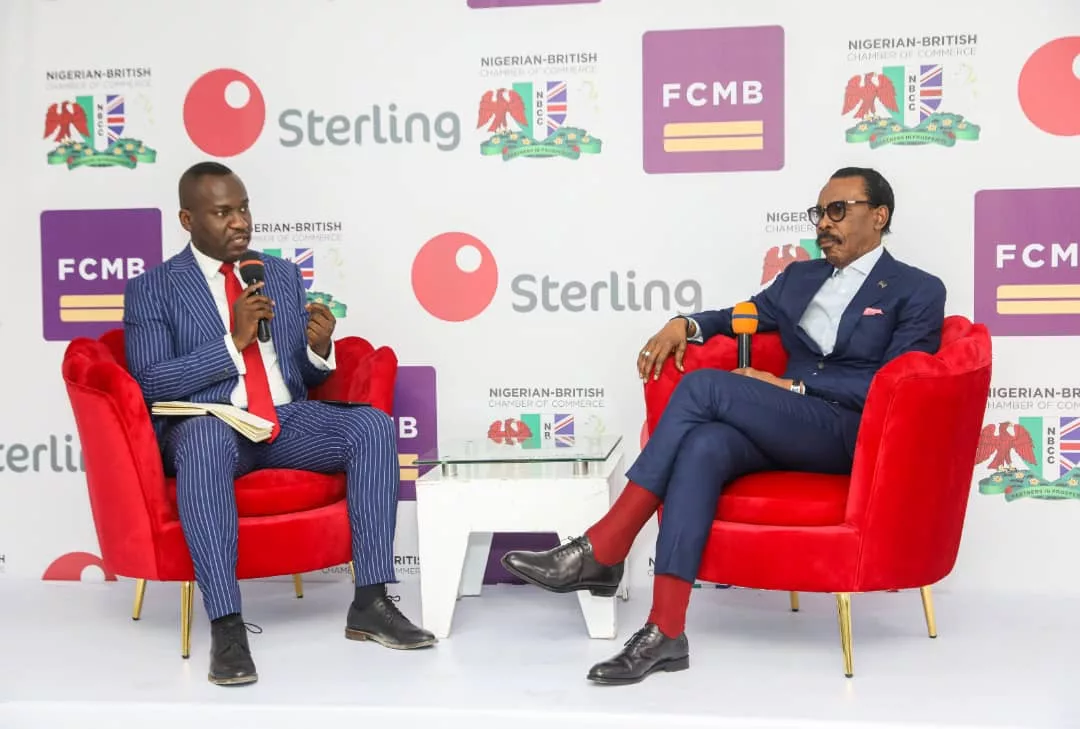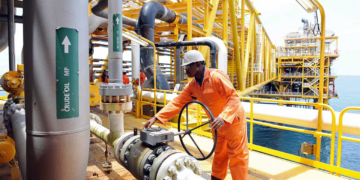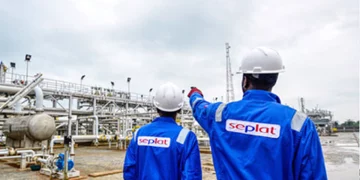Chief executive officer, Financial Derivatives Company Limited, Mr Bismarck Rewane, has projected that the Nigerian economy would experience slower growth rate of 2.7 per cent in 2023.
Rewane, stated this at the Nigerian-British Chamber of Commerce (NBCC) 2023 Macroeconomic Outlook yesterday in Lagos. he noted that a slide into recession was unlikely for the country.
According to him, the expected slow growth rate will take its toll on businesses and investors in the 2023, particularly with the heightened outcomes of the forthcoming general elections.
He added that, asides the slow growth rate, key developments for the country in 2023 include rising sovereign debt, elevated interest rates, persisting exchange rate premium and worsening fiscal deficit.
He further stated that, Nigeria’s inflation was expected to moderate; still above the 9-13 per cent threshold while its Gross Domestic Product (GDP) performance for 2023 would hover around 3.03 per cent in the first quarter, saying that the country’s economy in the global context was more vulnerable in the year under review due to its unique challenges between 2003 and now.
He listed some of the persisting structural challenges to include low-value agricultural export commodities, problems of export diversification, worsening terms of trade.
Others, he said, were high income inequality, low market competitiveness and price distortion, weak economic and political institutions among others.
He, however, posited that while global economic headwinds such as the ongoing Russia-Ukraine war, resurgence of COVID-19 infections, supply chain distortions and others persisted, several sectors of the Nigerian economy held promise.
“Key sectors to drive GDP growth in 2023 include financial services, Information and Communication Technology (ICT), trade, manufacturing, agriculture and real estate/construction. The inflation trajectory in 2023 would average 16.27 per cent.
“For the exchange rate, more aggressive will be taken to keep the Naira stable in 2023 and a unitary/ floating exchange rate system is likely to be adopted in the later part of the year. Also, the country’s Gross external reserve is expected to rise to 41 billion dollars on expected increase and sustained levels of oil output.
“As projected, one third of global economy to plunge into recession, which is unlikely for the Nigerian economy, but an economic slowdown is unavoidable,” he said.
President, NBCC, Ms Bisi Adeyemi said, the annual event would provide a comprehensive assessment of the opportunities, challenges, and indeed, the threats that businesses should expect to contend with during the year, both in the country and globally, saying that it discusses policy approaches that could be used to improve economic growth and development.
We’ve got the edge. Get real-time reports, breaking scoops, and exclusive angles delivered straight to your phone. Don’t settle for stale news. Join LEADERSHIP NEWS on WhatsApp for 24/7 updates →
Join Our WhatsApp Channel










